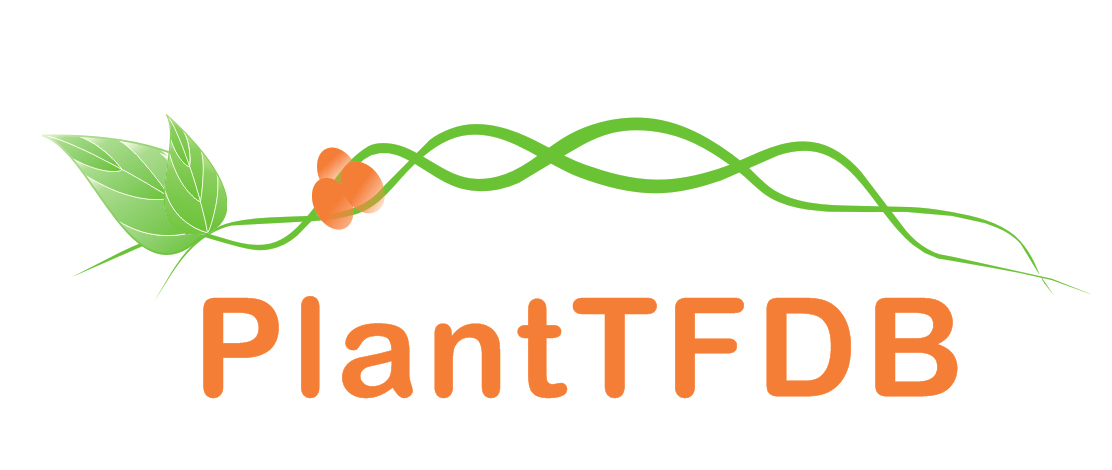 |
PlantRegMap/PlantTFDB v5.0
Plant Transcription
Factor Database
|
| Home TFext BLAST Prediction Download Help About Links PlantRegMap |
| Species | TF ID | Description |
|---|---|---|
| OIT00525 | NF-YB family protein | |
| OIT03355 | NF-YB family protein | |
| OIT06705 | NF-YB family protein | |
| OIT08626 | NF-YB family protein | |
| OIT21771 | NF-YB family protein | |
| OIT23898 | NF-YB family protein | |
| OIT26260 | NF-YB family protein | |
| OIT27605 | NF-YB family protein | |
| OIT28970 | NF-YB family protein | |
| OIT29180 | NF-YB family protein | |
| OIT29693 | NF-YB family protein | |
| OIT30053 | NF-YB family protein | |
| OIT33467 | NF-YB family protein | |
| OIT35361 | NF-YB family protein | |
| OIT36147 | NF-YB family protein | |
| OIT36239 | NF-YB family protein | |
| OIT36519 | NF-YB family protein | |
| OIT40618 | NF-YB family protein |
NF-Y transcription factors are likely found in all eukaryotes and have roles in the regulation of diverse genes (McNabb et al., 1995; Edwards et al., 1998; Maity and de Crombrugghe, 1998; Mantovani, 1999). In mammals, where their biochemistry is well described, the NF-Y transcription factor complex is composed of three unique subunits: NF-YA, NF-YB, and NF-YC. Assembly of the NF-Y heterotrimer in mammals follows a strict, stepwise pattern (Sinha et al., 1995, 1996). Initially, a heterodimer is formed in the cytoplasm between the subunits NF-YB and NF-YC. This dimer then translocates to the nucleus, where the third subunit, NF-YA, is recruited to generate the mature, heterotrimeric NF-Y transcription factor (Frontini et al., 2004; Kahle et al., 2005). Mature NF-Y binds promoters with the core pentamer nucleotide sequence CCAAT, and this can result in either positive or negative transcriptional regulation(Peng and Jahroudi, 2002, 2003; Ceribelli et al., 2008).
As with NF-YA, NF-YB and NF-YC families have well-described subunit interaction and DNA-binding domains ( Kim et al., 1996; Sinha et al., 1996; McNabb et al., 1997; Romier et al., 2003). The conserved regions of NF-YB and NF-YC have structural and amino acid homology to histone fold motifs. Specifically, NF-YB is related to the histone fold motifs of H2B histones, while NF-YC subunits are related to H2A histones (Mantovani, 1999).
Siefers N, Dang KK, Kumimoto RW, Bynum WE 4th, Tayrose G, Holt BF 3rd.
Tissue-specific expression patterns of Arabidopsis NF-Y transcription factors suggest potential for extensive combinatorial complexity.
Plant Physiol, 2009. 149(2): p. 625-41.
PMID: 19019982



